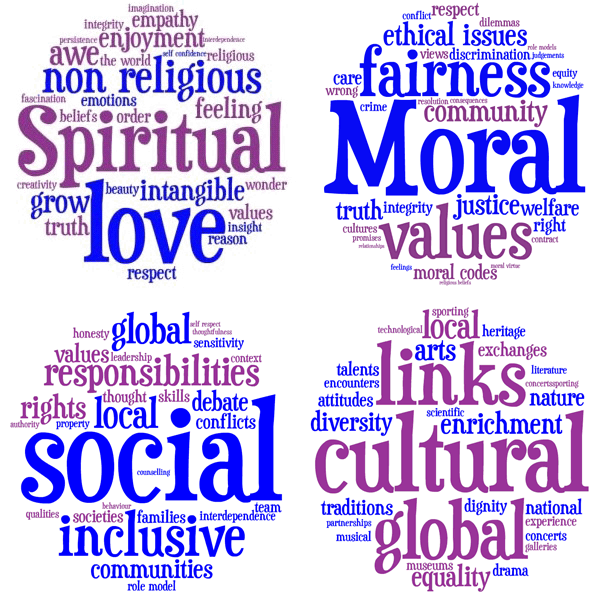Back to: SOCIAL STUDIES JSS1
Welcome to class!
In today’s class, we will be talking about cultural and social values. Enjoy the class!
Cultural and Social Values

Culture is the totality of the ways and life of a people, it includes the people’s beliefs, their modes of worship, their arts and craft, religion, technology, dressing, way of thinking, dancing, and eating habits.
Components of culture
- Non-Material Culture: This is also called intangible culture. It refers to those aspects of culture that are not visible like language, religion, belief. Etc.
- Material Culture: This is also called a tangible culture. It consists mainly of the products of man’s industry or arts. It consists of the many things the society make to meet the needs of its people e.g, furniture, building, books.
Features of culture
- Culture is dynamic and flexible
- Culture is learned over a while
- It is continuous and does not die with people
- Cultures differ from place to place
- Culture is universal to mankind and peculiar to a particular group
The uniqueness of Nigerian culture
- The extended family system
- The conduct of marriage rites at different stages
- Respect for old age
- The existence of the age-grade system
- The practice of subsistence Agriculture.
Cultural similarities
- Arts/ Craft
- Religion
- Languages
- Food
- Dress
- Housing
- Greetings
Importance of dressing
- Protection of our body from the hazard of the weather
- To cover our Nakedness
- To make people look attractive
Factors that influence dress selection
- Sex (Male and female)
- Social Class
- Nature of Job
- Religion
- Financial Capability
Adornment:
Adornments are those materials used by people to beautify themselves. eg. Beads, Necklaces, Tattoos, Herbal cream.
Religion:
Religion means belief in the existence of God. There is also the belief that God or gods created the universe.
School community:
A school is a place where people learn things. It is also described as a building or group of buildings being used as a centre for study, teaching, and learning.
Features of school
- The administrative block
- Classrooms
- Resource centre/laboratories
- Sports field.
Reasons for rules and regulations in schools
- To guarantee individual human rights.
- To guarantee smooth conduct of school affairs.
- Maintenance
- To prevent dictatorship
- To ensure conformity with the ministry of educations law.
The headteacher:
The headteacher is the head of the school. He ensures that the pupils receive good instruction by overseeing the activities of the teachers.
Duties of pupils/students
- Students are to pay attention to the class.
- Students are to live peacefully.
- They are to create an enabling learning environment that will make it easy for them to learn.
- Students are also to learn good morals from their teachers.
- Students are also to keep to school rules and regulations.
General duties of school community members
- Obedience
- Respect for leaders
- Loyalty
- Co-operation
- Discipline
- Honesty.
In our next class, we will be talking more about Cultural And Social Values. We hope you enjoyed the class.
Should you have any further question, feel free to ask in the comment section below and trust us to respond as soon as possible.
